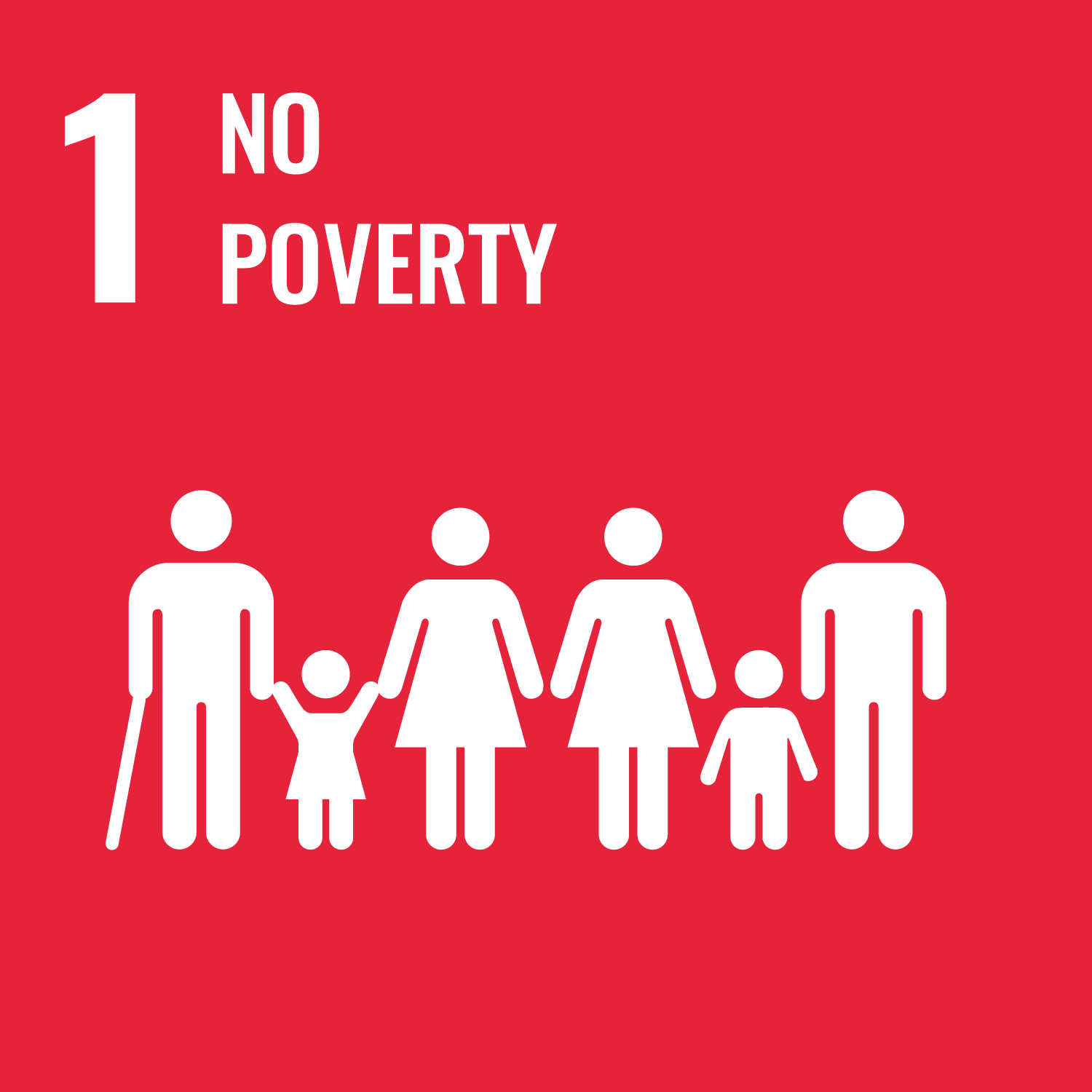Lectures on Civil Engineering
To help students develop an understanding of current problems in the civil engineering field and to obtain knowledge about
new technologies to overcome such problems, faculty members from a broad range of civil engineering fields - planning, survey,
environment, fluid mechanics, soil mechanics, concrete and steel structures - will give lectures on trending topics in their
respective fields. All lectures will be given in English.
It is expected students will develop an understanding of the diverse challenges in the civil engineering field, and that they
will utilize this knowledge to reflect on and tackle the challenges they will face in their own research and work. Students
should also expand their technical English vocabulary for the various fields covered in the class.
- Students can understand current problems in the civil engineering field
- Students can obtain knowledge about newly developed technologies in civil engineering
- Students can acquire skills and knowledge to solve problems in the civil engineering field
| Class schedule | HW assignments (Including preparation and review of the class.) | Amount of Time Required | |
|---|---|---|---|
| 1. | Introduction Lecture 1 (Sustainability of social infrastructure, part 1) |
N/A | 0minutes |
| 2. | Lecture 2 (Sustainability of social infrastructure, part 2) | Report | 120minutes |
| 3. | Lecture 3 (Material design and concrete structures) | Report | 120minutes |
| 4. | Lecture 4 (Geo-environmental engineering and waste management) | Report | 120minutes |
| 5. | Lecture 5 (Environmental hydraulics) | Report | 120minutes |
| 6. | Lecture 6 (Flood risk modeling) | Report | 120minutes |
| 7. | Lecture 7 (Urban network and mobility analysis) | Report | 120minutes |
| 8. | Lecture 8 (Microtremors and earthquake engineering) | Report | 120minutes |
| 9. | Lecture 9 (Transportation and tourism) | Report | 120minutes |
| 10. | Lecture 10 (Soil mechanics) | Report | 120minutes |
| 11. | Lecture 11 (Fatigue and fracture of steel bridges) | Report | 120minutes |
| 12. | Lecture 12 (Urban rail and high speed rail) | Report | 120minutes |
| 13. | Lecture 13 (Geoinformatics in construction information modeling) | Report | 120minutes |
| 14. | Lecture 14 (Disaster management for a diverse society) | Report | 120minutes |
| Total. | - | - | 1560minutes |
| report | Total. | |
|---|---|---|
| 1. | 40% | 40% |
| 2. | 40% | 40% |
| 3. | 20% | 20% |
| Total. | 100% | - |
各授業でのレポートで評価(レポート総合点で60点以上で合格とする)
Evaluation is based on reports for each lecture (passing grade is 60% or higher)
Evaluation is based on reports for each lecture (passing grade is 60% or higher)
- Non-social and professional independence development course
| Work experience | Work experience and relevance to the course content if applicable |
|---|---|
| N/A | N/A |









- 1.NO POVERTY
- 3.GOOD HEALTH AND WELL-BEING
- 7.AFFORDABLE AND CLEAN ENERGY
- 8.DECENT WORK AND ECONOMIC GROWTH
- 9.INDUSTRY, INNOVATION AND INFRASTRUCTURE
- 10.REDUCED INEQUALITIES
- 11.SUSTAINABLE CITIES AND COMMUNITIES
- 12.RESPONSIBLE CONSUMPTION & PRODUCTION
- 13.CLIMATE ACTION
Last modified : Sat Sep 09 05:55:30 JST 2023

